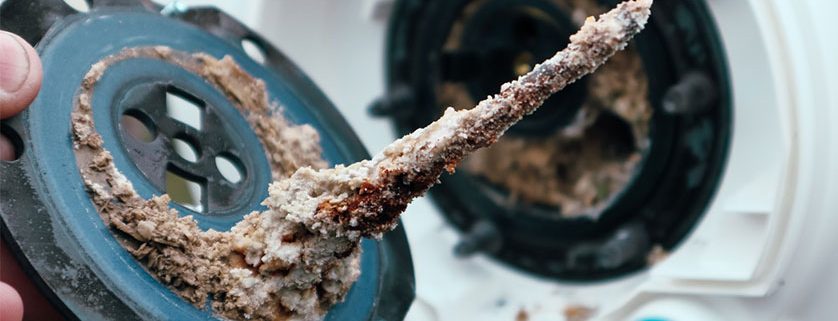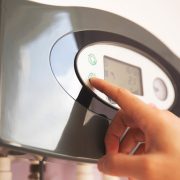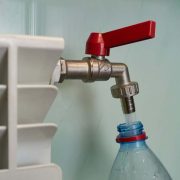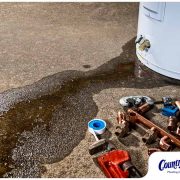Why Is There Sediment in My Water Heater?
Discovering sediment in your water heater can be unsettling, especially since water quality can directly impact the efficiency and lifespan of your household appliances. Sediment buildup in your water heater is a common issue that is primarily due to the mineral content in the water. In this post, a local airconditioning and plumbing expert unravels the causes of sediment accumulation in the water heater and shares tips for fixing and preventing the problem.

Causes of Sediment Buildup
Mineralization From Hard Water
The primary source of sediment in water heaters is the mineral content of the water, specifically in areas with hard water. Hard water contains high levels of calcium and magnesium, which can precipitate when heated and form sediment at the bottom of the tank.
Lack of Maintenance
Much like air conditioning units, water heaters need regular maintenance. Flushing is essential to minimize sediment buildup. Without periodic flushing, sediment can accumulate more rapidly, compromising the heater’s functionality. An anode rod inspection is also crucial as the deterioration of this component can accelerate sediment buildup.
Negative Impacts of Sediment Buildup
Reduced Efficiency
Sediment acts as an insulator, hindering the efficient transfer of heat. This inefficiency can lead to longer wait times for hot water and increased energy consumption, as the system has to work harder to achieve the desired temperature.
Potential for Damage
Accumulated sediment exerts extra pressure on the water heater, contributing to wear and tear. It can lead to overheating, damage to the tank’s inner lining, and, ultimately, system failure. Furthermore, sediment can clog water lines and valves, causing operational issues and potential leaks.
Solutions and Prevention Strategies
Regular Flushing
Flushing the water heater at least once a year is crucial for removing sediment buildup. This process involves draining the tank to eliminate the sediment that has settled at the bottom. You can perform this task yourself or enlist professional services for assistance.
Water Softening System
For areas with hard water, installing a water softener can significantly diminish the mineral content in the water before it enters the water heater, thus preventing sediment accumulation. This is an effective long-term solution for maintaining the efficiency and longevity of your water heater.
Anode Rod Replacement
The anode rod plays a vital role in protecting the water heater from corrosion. Regular inspections and timely replacement of the anode rod can prevent deterioration, which in turn helps to curb sediment buildup. Consulting a local professional can ensure that your water heater remains in optimal condition.
Countryside Plumbing & Heating, Inc. provides comprehensive maintenance and tailored advice to address your water heater issues. We also offer air conditioner sale and installation. Call us at (715) 246-2660 or fill out our contact form to schedule a service.









